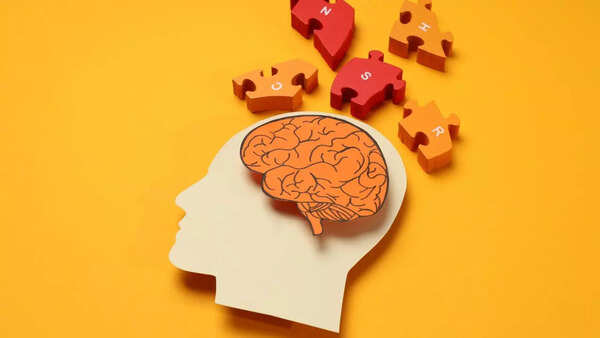In today’s fast-paced and digital work, multitasking feels like a superpower. We answer emails during Zoom calls, walk on the treadmill while taking meetings, or flip between chats and work reports—all in the name of being productive.But what if this habit that makes you feel accomplished is actually slowing you down and stressing out your brain?
The truth about “doing it all”
Despite how seamless multitasking may feel, neuroscientists say your brain isn’t really doing multiple things at once. Instead, it’s constantly switching between tasks— a process called task shifting. And while that flip-flopping happens quickly, it drains your mental energy, lowers your focus, and reduces the quality of your work.
So, yes —you may be doing many things, but none of them particularly well.
The mental toll of multitasking
Ever forget why you walked into a room or lose your train of thought mid-task? That’s not just forgetfulness— it’s your brain overloaded from constant multitasking. Studies show students who multitask often have lower grades, take longer to complete assignments, and make more mistakes. Adults face similar struggles, and multitasking while driving is especially dangerous, increasing the risk of accidents significantly.
Over time, your brain’s ability to concentrate, remember details, and think clearly can take a real hit.
Poll
Do you believe multitasking enhances your productivity?
What happens inside your brain
Every time you switch from one task to another, your brain has to adjust. It stops what it’s doing, reorients to the new task, and then begins again. This tiny process takes only milliseconds, but when you do it repeatedly throughout the day, it leaves your mind tired, scattered, and less efficient.
Worse still, constantly forcing your brain to multitask could impact your long-term cognitive health—making it harder to focus even when you want to.
Instead, slow down and focus on one thing at a time. Experts suggest the “20-minute rule”— dedicate your attention to one task for at least 20 minutes before moving on. Turn off notifications, silence your phone, and close those extra tabs. The fewer distractions, the better your brain performs.
Because multitasking doesn’t make you more productive— it just makes you feel like you are, while quietly draining your mental clarity.
5 tips to sharpen your brain
1. Exercise daily and have nutritious foodRegular movement increases blood flow to the brain, supports memory and learning, and lowers the risk of cognitive decline. Aim for at least 30 minutes of activity a day, whether it’s walking, dancing, or a quick workout. Also, your brain thrives on the right nutrients. Include omega-3-rich foods (like walnuts, flaxseeds, and fatty fish), antioxidants (from berries and leafy greens), and hydration in your daily diet.Avoid excess sugar and processed foods—they slow cognitive function over time.
2. Have a support systemOur interpersonal relationships have a direct affect on our mood, how focussed we are at work, and overall health. So, stay away from negative and remove toxic people from your life. Instead, surround yourself with people who uplift you and help you grow as a person-- this will help reduce unnecessary stress in your life.
3. Challenge your mindJust like muscles, your brain needs a workout. Try puzzles, strategy games, crosswords, or learning a new skill or language. Novel challenges build new neural connections and keep your thinking sharp.
4. Destress and meditateConsidering the fast-paced and stressful environment we live in today, maintaining a healthy work-life balance and destressing after a hectic day is all the more important. Practising mindfulness and meditating can help reduce stress, improve focus, and increase emotional regulation. Meditation enhances gray matter in the brain—linked to memory, self-awareness, and learning.
5. Sleep wellSleep is when your brain cleans up, repairs, and stores memories. Lack of rest affects attention, decision-making, and creativity. Aim for 7–9 hours of sleep each night and maintain a consistent sleep schedule.
Going through a break-up? Here are 5 tips to help mend your broken heart












